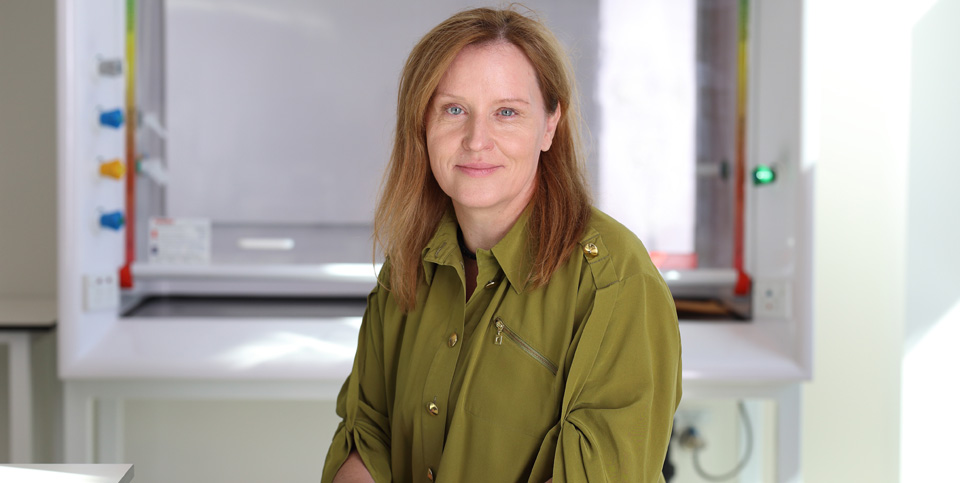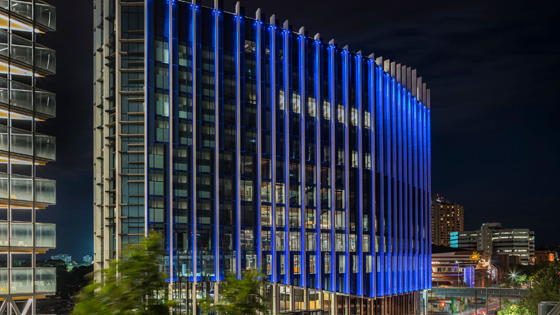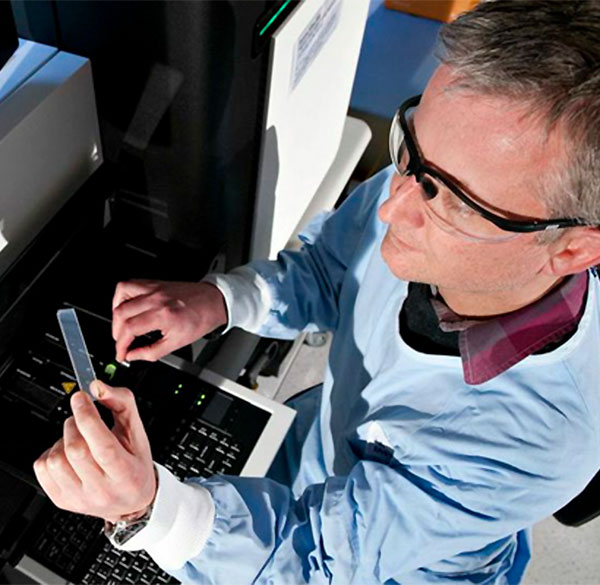
Using advanced computing simulation, worldleading radiation oncology and radiobiology researchers can analyse and predict the best combination of treatment for hard to treat cancers.
Professor Eva Bezak leads this work at the University of South Australia.
“Our in silico (in a computer) models allow us to grow biologically correct tumours that represent a patient’s cancer, to measure how quickly it will grow or how aggressively it may spread, says Professor Bezak.
“Importantly our model can personalise the dose of treatment to the individual’s unique radiobiological profile. For example, we could take a simple blood and hair sample from a patient, expose them to different radiation doses and investigate the patient’s individual response to radiation damage – their radiosensitivity.
“This sensitivity data can then be put back into the model so we can then run a series of simulations with not only radiotherapy doses, but also chemotherapy and other therapies to determine the very best combination and doses of treatment to improve the patient’s chance of successful treatment.
“If we can predict the best treatment combination, schedule and dose that can target difficult to treat cancers while sparing healthy cells – that to me is a successful step towards winning the war on cancer.
“With research providing a deeper understanding of cancer biology, the scientific community is starting to realise that all cancers are “rare” or genetically diverse. There are many different genetic subtypes that respond differently to treatments and the one size fits all treatment model is becoming outdated.
“Our model also gives us the opportunity to investigate lower doses that will deliver the maximum blow to cancer cells while limiting the amount of damage to healthy cells. This is particularly important for cancers like HPV positive head and neck cancer.
“Computational simulations could also offer hope for people with rare and difficult to treat cancers like those of the brain, as well as many others, as we can design more appropriate treatment regimes.”
Professor Bezak and her team are leading the world in this area of radiobiology cancer modelling and are aiming to create a practice where this modelling can be commercially available and in use within several years.
To join UniSA’s fight against cancer and support researchers including Professor Eva Bezak, visit unisa.edu.au/jointhefight.

When you give today, 100% of your donation will go directly to the researchers - with no admin fees or hidden costs.
The University of South Australia (UniSA) is committed to tackling one of our most challenging diseases – cancer – by establishing the largest cohort of cancer researchers ever assembled in South Australia. Every day our experts are getting one-step closer to saving more lives as well as improving the quality of life for cancer survivors. But they need your help.
